Do You Think You Have Sensitive Skin? Here's What Experts Want You to Know
Alongside dry skin, oily skin and combination skin, sensitive skin is a term that gets thrown around a lot in the world of skincare, and in 2023, it’s set to become one of the most-searched-for skin conditions on Google. Why? Following an increase in people experimenting with exfoliation, active ingredients and skincare layering, identification of sensitive skin is on the rise.
If you’ve ever experienced redness, irritation, or inflammation after using a specific product or layering one too many serums, then it’s likely that your skin is experiencing sensitivity, and the truth is we’re all vulnerable to it. That’s right; contrary to popular belief, sensitive skin isn’t actually a skin type; it’s a skin condition. This means that sensitivity is something that can occur in anyone’s skin, regardless of what their skin type is, and while some people may experience signs of sensitivity on a daily basis, for others, sensitivity can flare up just a few times a year.
The thing is our skin can only take so much, no matter how resistant you think it is. After years of cocktailing active skincare ingredients, I learned this the hard way as a teenager when my combined use of exfoliating toners and retinoid serums resulted in a nasty outbreak of perioral dermatitis, a painful inflammatory rash that develops in cases of extreme sensitivity. Ever since then, I’ve learned to treat my skin as sensitive—using calming ingredients alongside active ones and focussing on strengthening my skin barrier—despite my main skin type being oily and acne-prone.

But what exactly is sensitive skin? What causes sensitive skin? And what can be done to prevent skin sensitivity? Dealing with sensitive skin can be tricky, as you’re constantly wary of trying new things, and it can be hard to pinpoint the exact cause. So to answer your most pressing sensitive-skin questions, we enlisted the help of skincare experts and dermatologists. Here’s everything you need to know about sensitive skin.
What is sensitive skin?
"Sensitive skin can mean different things for different people," says Catriona Maybury, consultant dermatologist and medical lead for Dermatica. "Generally speaking, people often describe skin sensitivity as dryness or irritation, which can be a result of using a particular ingredient in cosmetics." Other potential triggers can include things like our diets, environment, hormones and genetics. "Often, people with sensitive skin either have eczema or a family history of eczema," adds Maybury. "And other conditions such as rosacea may also make skin more sensitive."
What are the signs of sensitive skin?
While symptoms can vary, according to Maybury, the main signs of sensitive skin are itching, dryness, skin that is warm to touch or tingles, and inflammation. "Inflammation can appear as pink or red rashes in lighter skin types, and purple or brown rashes in darker skin types," she explains. For most people, one of the first signs that skin sensitivity is increasing is a tingling or stinging sensation after applying products. If you were to continue applying it or not take any measures to soothe your skin, then redness and inflammation would quickly follow.
What causes sensitive skin?
"There are a great number of factors that can contribute to our skin feeling sensitive," explains Maybury. "An underlying skin condition such as eczema can contribute towards a tendency to dryness and sensitivity. Internal factors such as genetics and hormonal changes seen in menopause can play a role, along with external factors such as temperature changes, wind and UV light, which can disrupt the skin barrier."
Of course, skincare products are another major potential trigger. "Skincare is becoming more active-led; where active ingredients such as retinoids and antioxidants are being incorporated into skincare products and routines," says Maybury. "These stronger ingredients can cause a degree of skin irritation in anyone as part of their normal mechanism, which can be perceived as skin sensitivity." This irritation is especially common when first starting to use these products or if they are used too often or at frequent intervals. "Some products can lead to a degree of irritation, particularly with recurrent use and in those with underlying skin conditions," she adds. "Examples include ingredients which can be damaging to the skin barrier such as alcoholic hand sanitisers and drying soaps. This is called an irritant contact dermatitis."
How should you treat sensitive skin?
If you are experiencing sensitive skin, it’s important to work out if there has been a change in your skin routine or environment first and foremost. "New formulations or active ingredients may lead to some irritation, so it’s really important to keep your routine as simple as possible before you introduce a new ingredient," says Maybury. She recommends introducing new products gradually to see how your skin responds to each one.
"It is common to experience sensitivity during weather and temperature changes," she adds. "Using a thicker, hydrating moisturiser regularly, particularly during the winter will help." Sunscreen is also one of the most effective products in a routine for sensitive skin, since harmful rays of UV light can trigger inflammation, leading to burning and increased sensitivity. "Use of sunscreen before going outdoors is particularly important between April and October in the UK," says Maybury. "There are more UV rays present, which can burn the skin and increase sensitivity."
If getting to the root of your sensitive-skin issues proves particularly difficult, plastic surgeon and founder of 111 Skin and 111 Harley St. Yannis Alexandrides recommends seeing a dermatologist or aesthetician who can conduct tests to find out the cause. "Find out firstly what is causing your reactive skin and get a specialist to recommend a product and in-clinic protocol to best treat it. Then focus on strengthening the skin's barrier function,” he advises. "Most importantly, don’t ignore the issue, never neglect daily sunblock, and don’t experiment with home remedies or over-exfoliation.” If you’re considering a professional in-salon treatment, Alexandrides recommends IPL (intense pulsed light). "This can help take down redness and calm inflamed, reactive skin especially if someone has been diagnosed with rosacea,” he adds.
What are the best ingredients for sensitive skin?
When experiencing sensitivity, it's best to strip your routine back to basics, removing active ingredients (like exfoliating acids and retinoids) and focussing on soothing and calming skin with gentle cleansers, cooling mists, and nourishing moisturisers. Look out for ingredients that reduce inflammation, such as cica, green tea, and niacinamide, but also ingredients that will help to strengthen your skin, like ceramides and colloidal oatmeal.
The best products for sensitive skin:
CeraVe Hydrating Cleanser
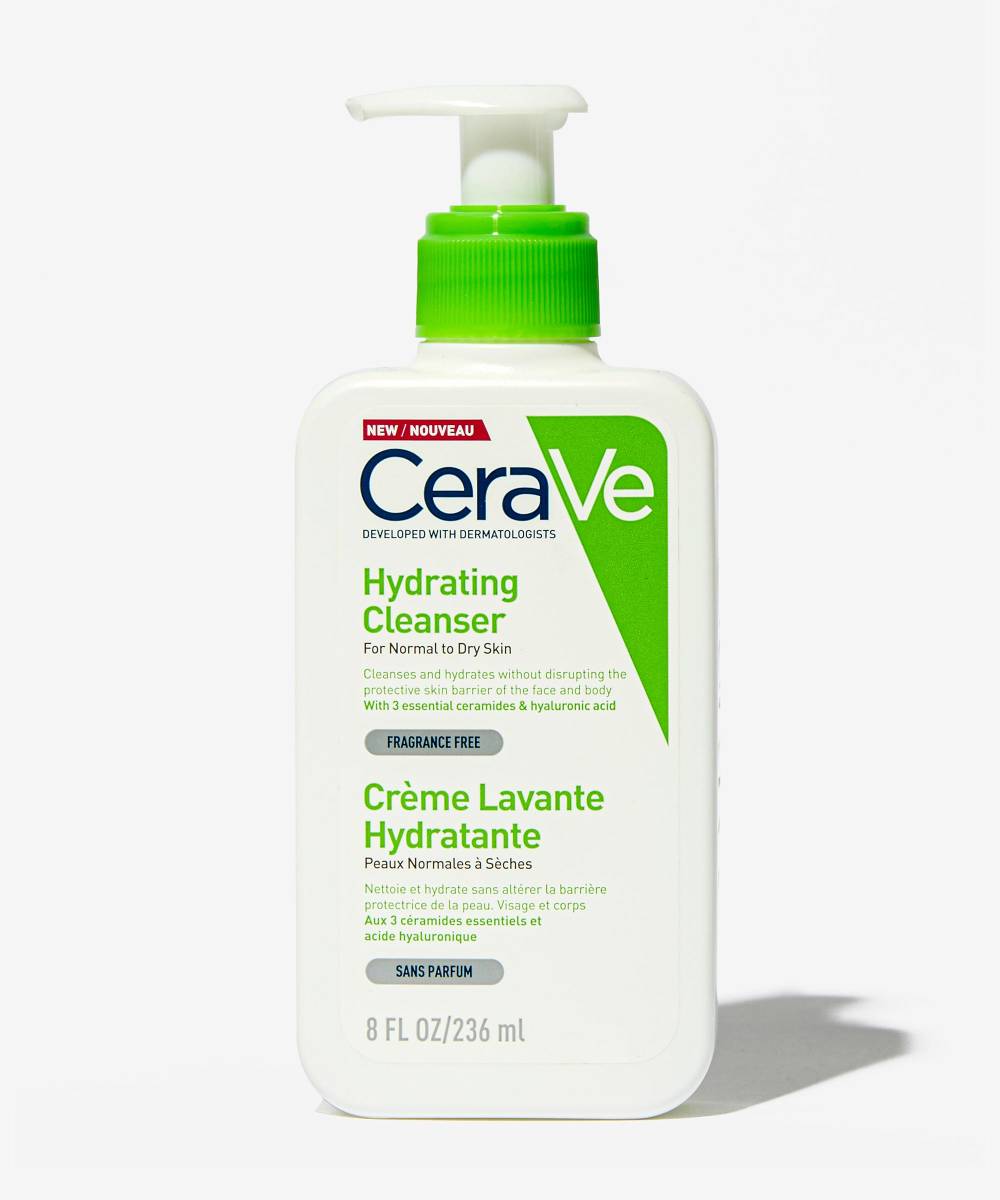
"This cleanser includes hyaluronic acid to hydrate your skin after every use and ceramides, which help keep the skin barrier intact,” says dermatologist Alexis Granite. "The non-irritating formula works well for all skin types but especially for sensitive and dry skin,”
Dermatica Ultralight Recovery Moisturiser
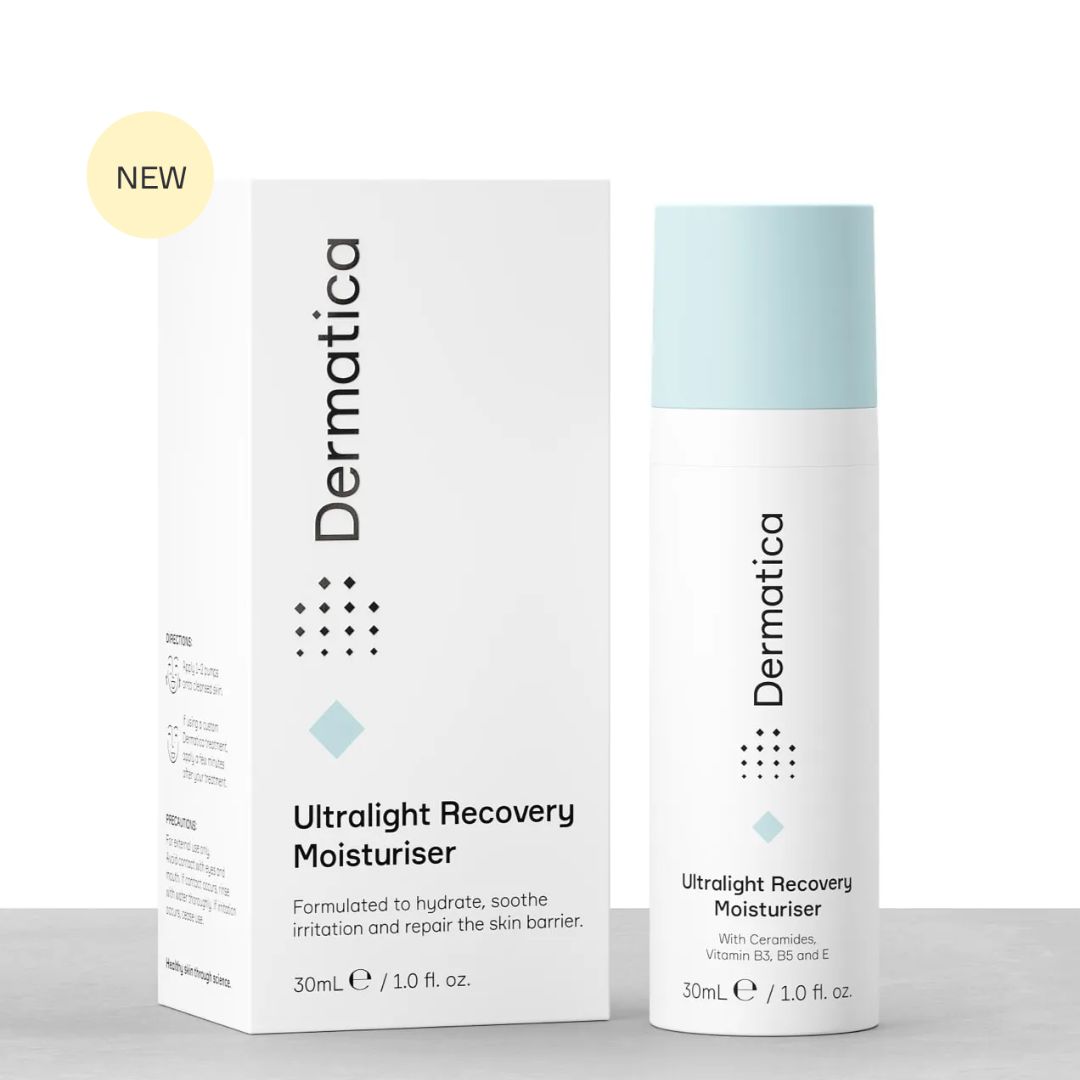
Specifically designed to support skin recovering from sensitivity and irritation, this soothing moisturiser combines ceramides, niacinamide, hyaluronic acid, and vitamin E to restore skin health.
Dermalogica Dynamic Skin Recovery SPF50
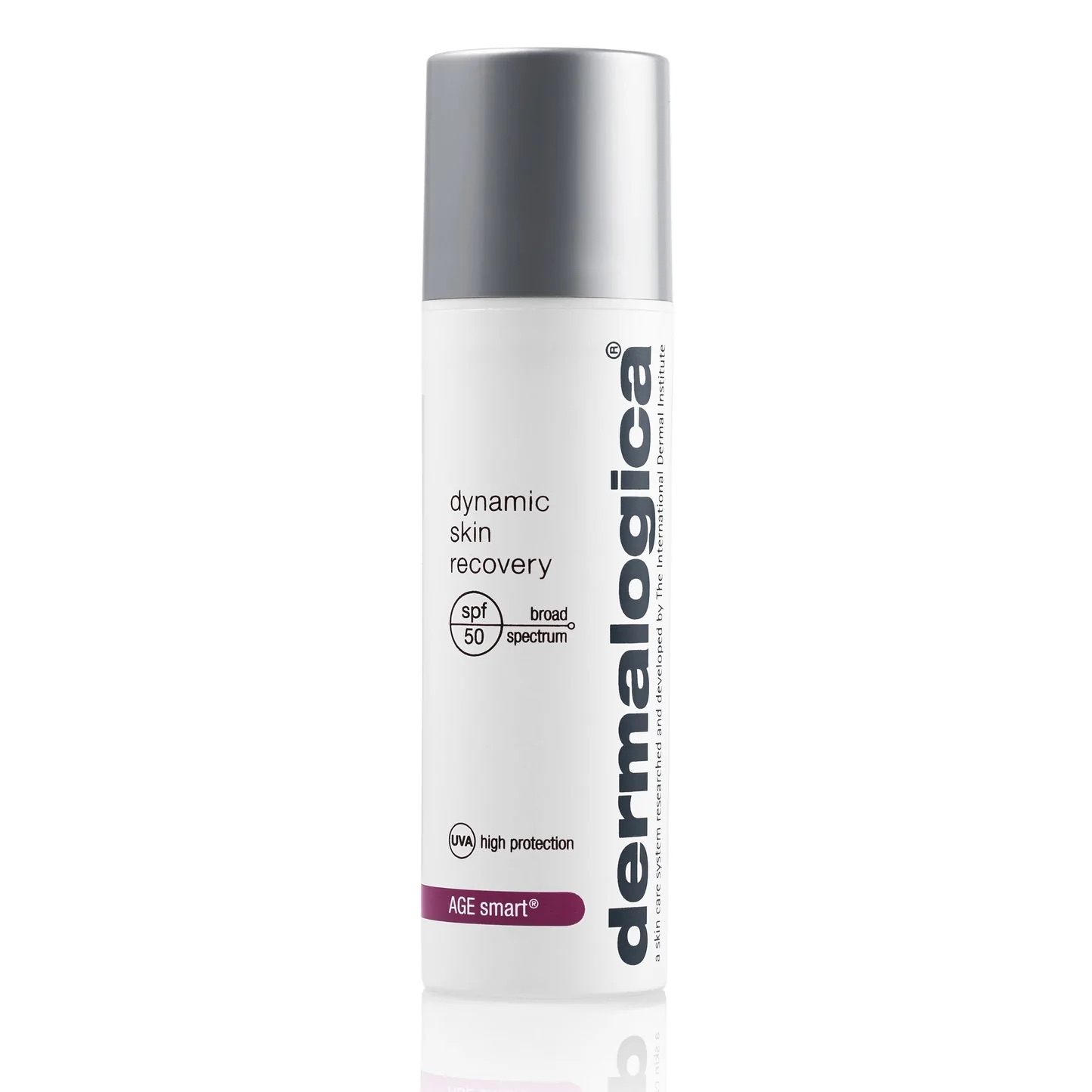
Utilising the moisturising properties of glycerin, squalane, and hyaluronic acid, this nourishing formula not only strengthens the skin barrier but also has broad-spectrum SPF 50 to protect skin from UV-triggered inflammation.
Susanne Kaufmann Soothing Toner
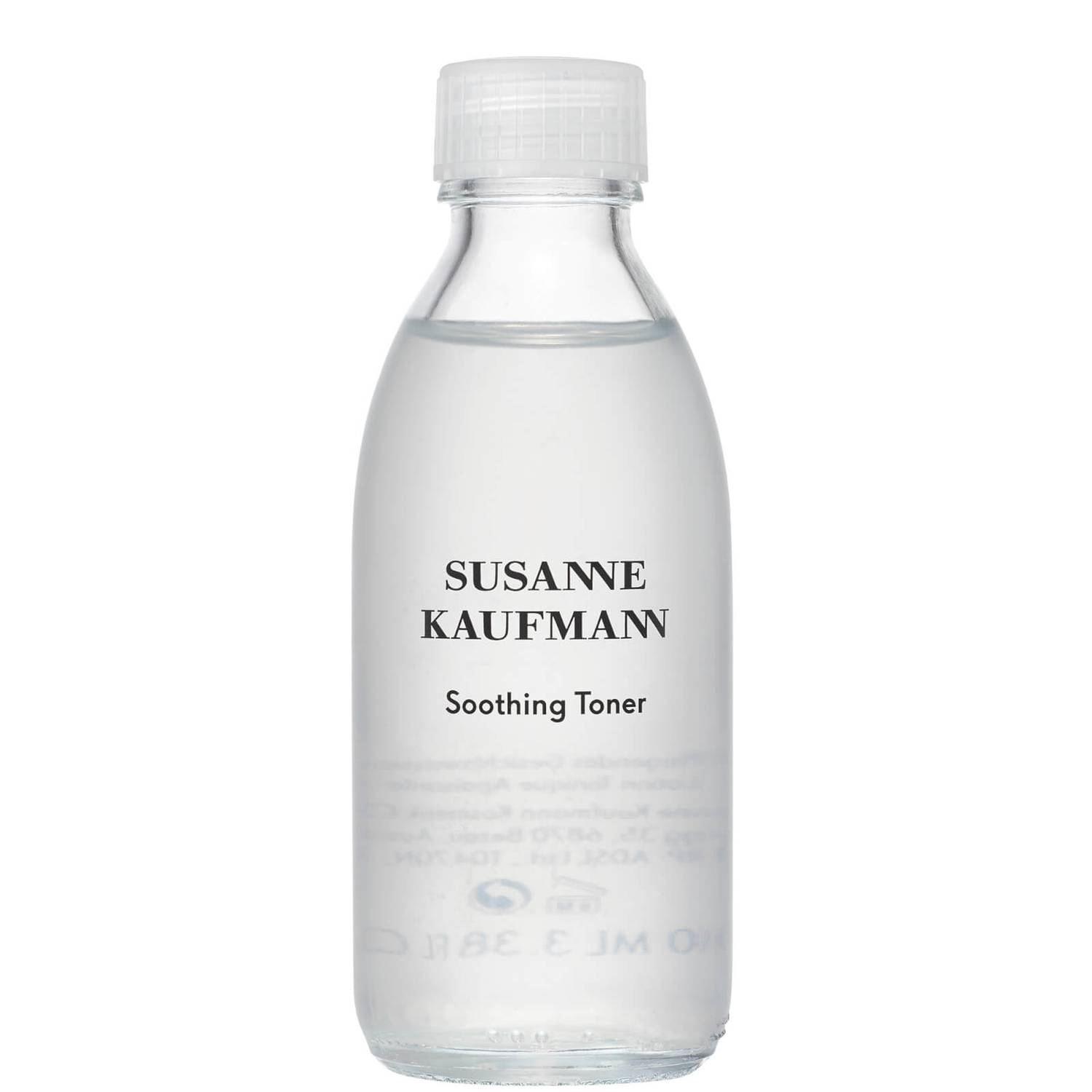
When sensitivity flares up and skin feels hot and itchy, this cooling toner provides instant calming relief. It combines anti-inflammatory chamomile, redness-soothing mallow, and hydrating hyaluronic acid.
Kiehl's Ultra Facial Cream
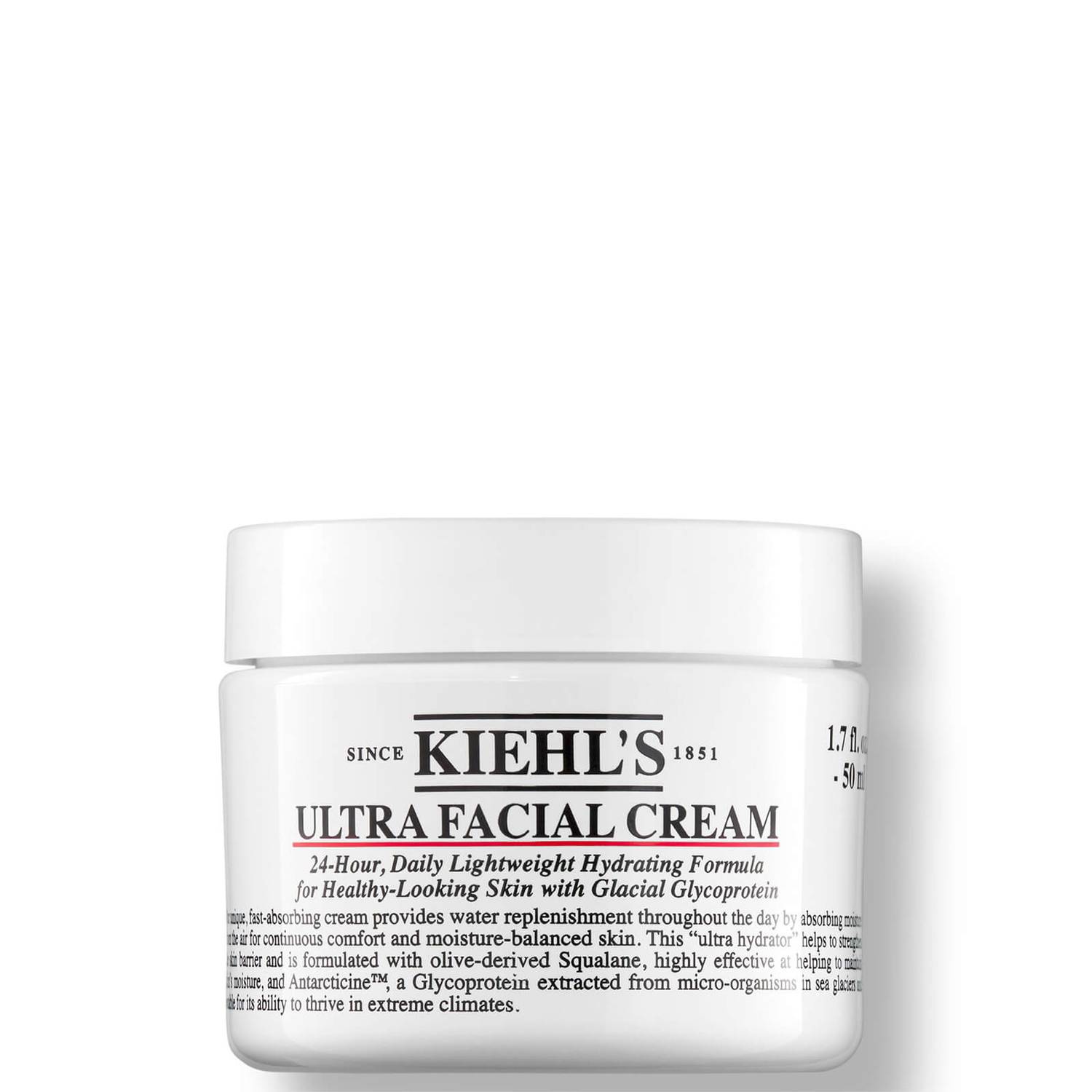
For those whose sensitivity leaves their skin dry and flaky, this thick, soothing cream will help to simultaneously calm irritation while also providing skin with a powerful moisture boost. Although it’s thick in texture, the formula is notably fast-absorbing and non-greasy, so it’s also great for combination skin types.
Dr Jart+ Cicapair Tiger Grass Colour Correcting Treatment
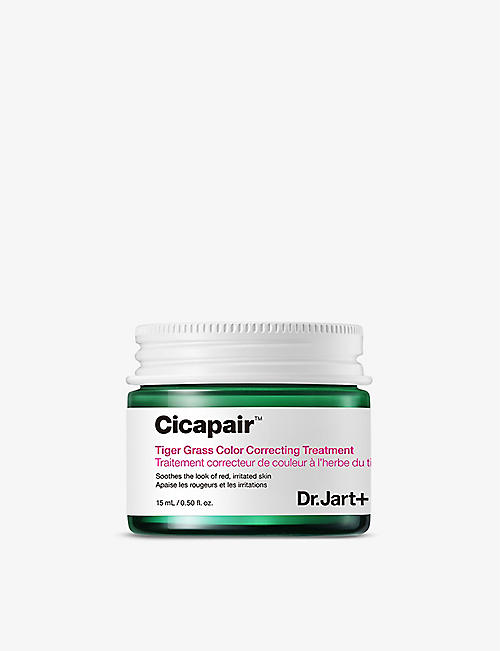
Attempting to conceal the redness that comes hand in hand with sensitivity can be a vicious cycle since makeup has the potential to cause further irritation. Fortunately, this skincare-makeup hybrid is just the ticket. The silky cream has a subtle green tint, which helps to cancel out redness, while cica works to target irritation in the long-term.
111 Skin Rose Quartz Exfoliating Mask
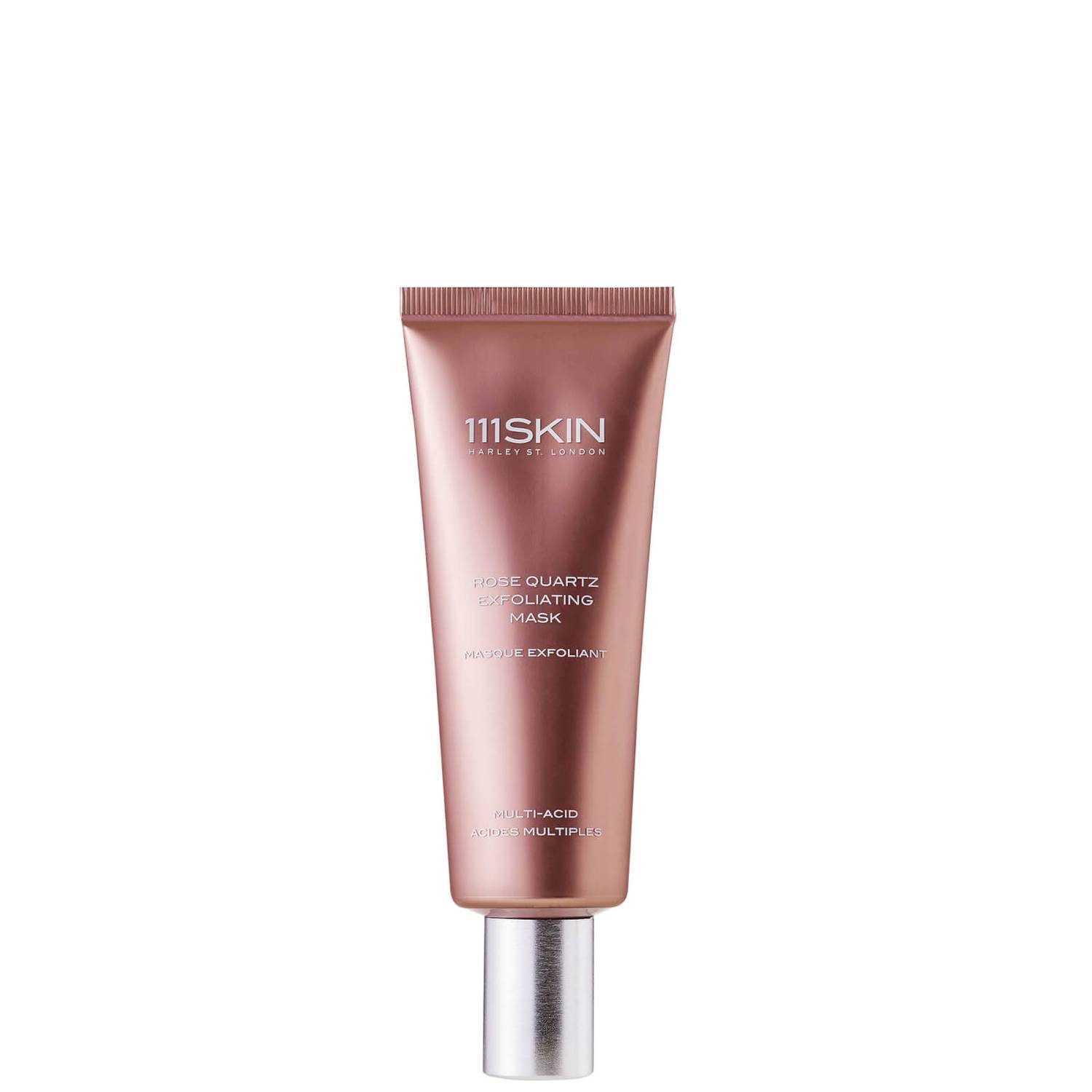
"I would recommend lactic or mandelic acid peels in clinic as exfoliants for sensitive skin,” says Alexandrides. "For at-home use, I recommend 111Skin’s Rose Quartz Exfoliating Mask, as it has a gentle blend of AHAs.”
Paula's Choice Calm 1% BHA Lotion
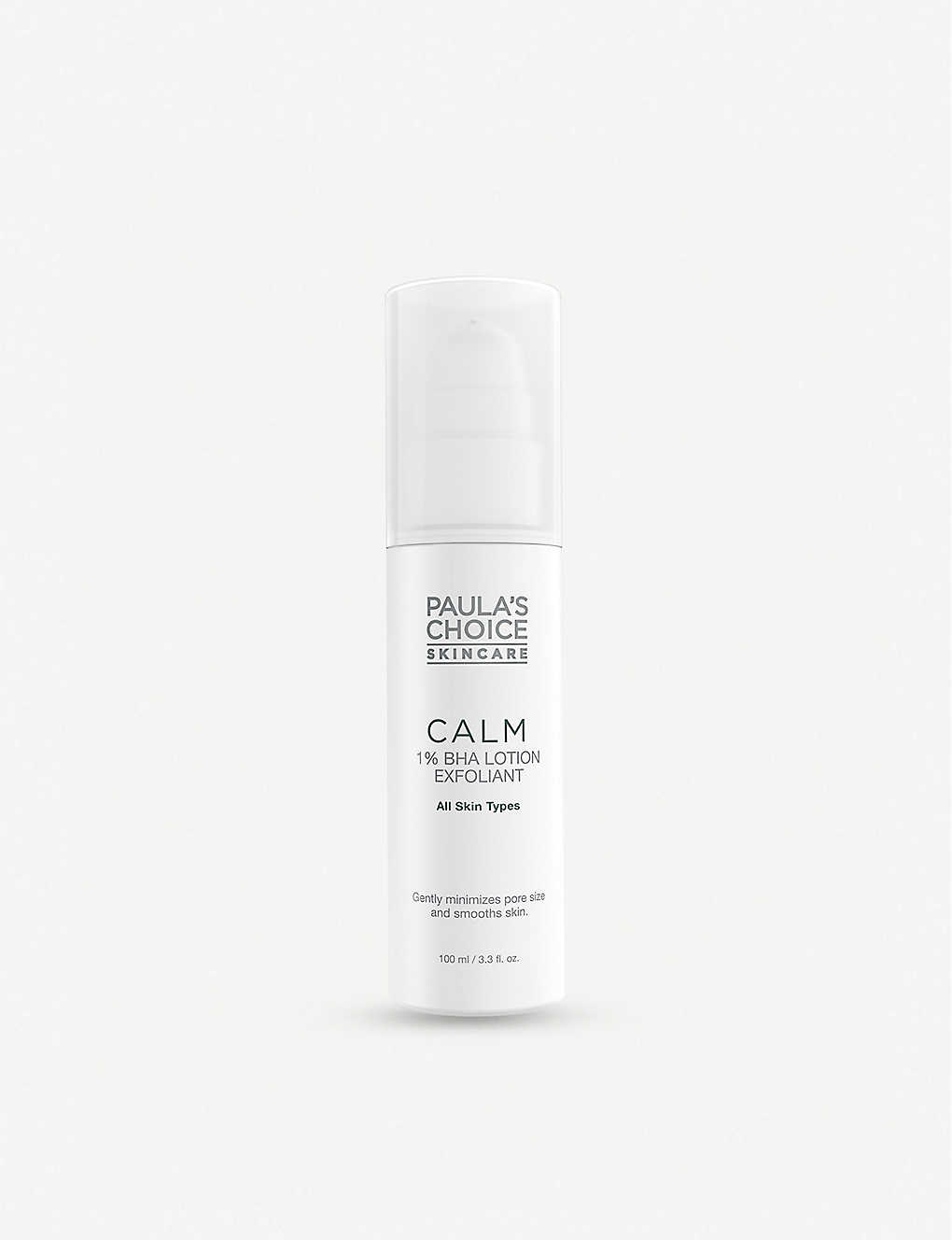
If you still want to reap the benefits of exfoliation, minus the irritation, try out this exfoliating toner, which combines salicylic acid with soothing green tea and oat extracts. It’s so gentle that it’s even suitable for rosacea-prone skin.
La Roche-Posay Cicaplast Baume B5
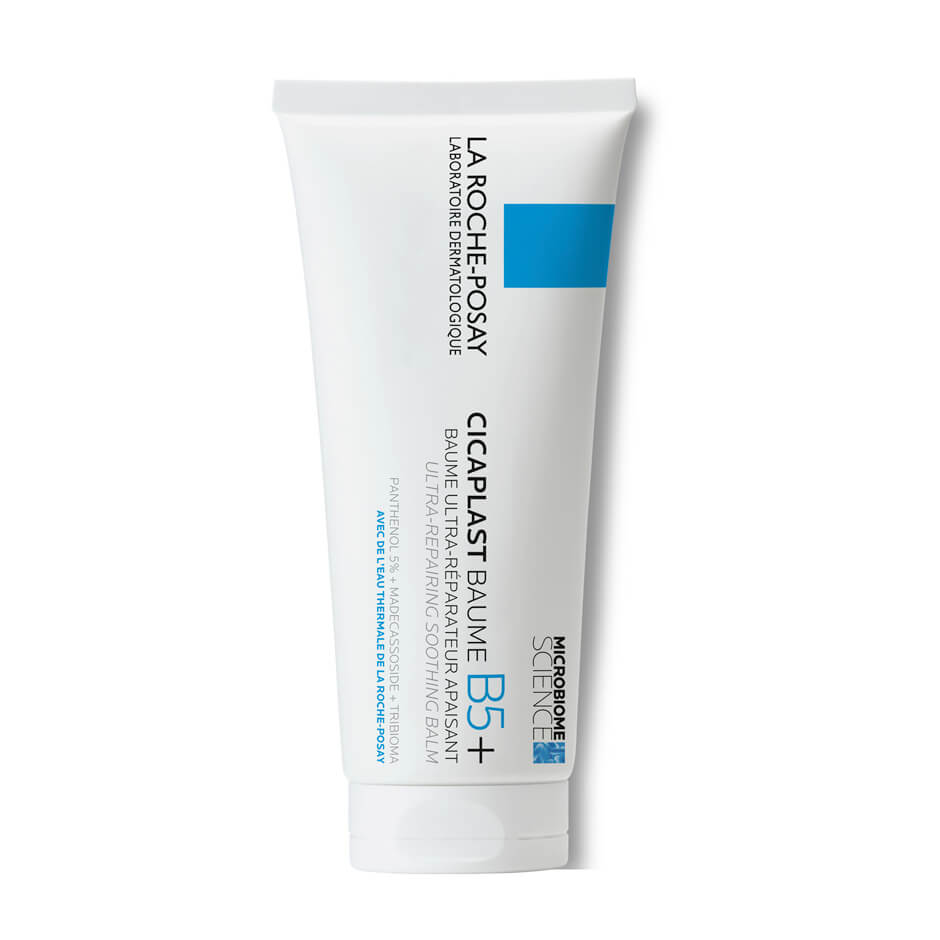
Like a bandage for sensitive skin, this thick cream provides the ultimate soothing relief for patches of extremely irritated and sore skin. It not only feels cooling and soothing upon application but also draws upon the benefits of cica to target redness and inflammation.
E.l.f. Pure Skin Cleanser
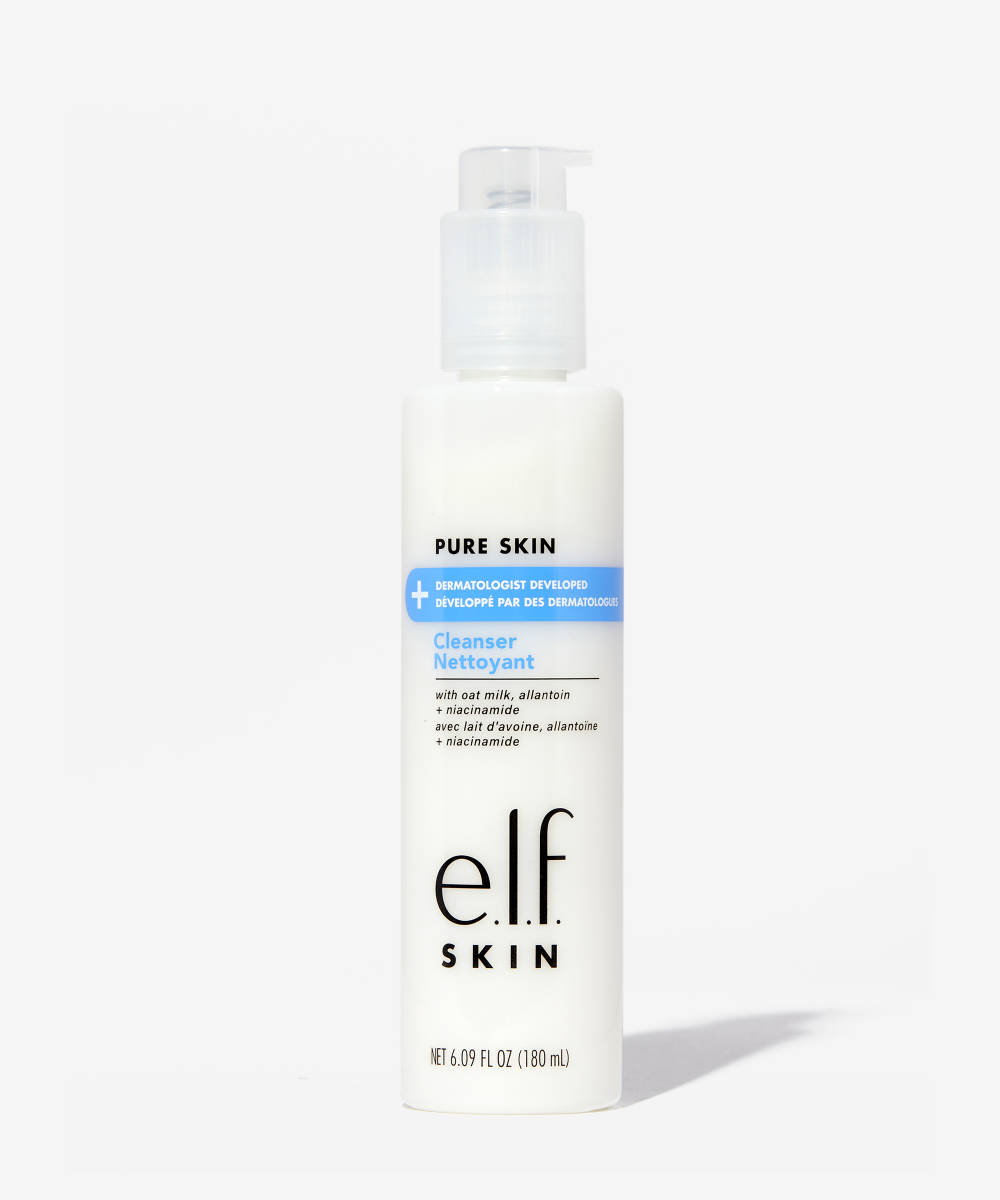
This basic (in a good way) cleanser is completely free from all potential irritants, meaning that even if you need to double-cleanse, you can do so without fear of aggravating sensitive skin. What’s more, it leaves skin feeling calm and soothed thanks to ingredients like niacinamide, oat milk, and ceramides.
By Beauty Bay Colloidal Oatmeal + Oat Lipid Rich Moisturiser
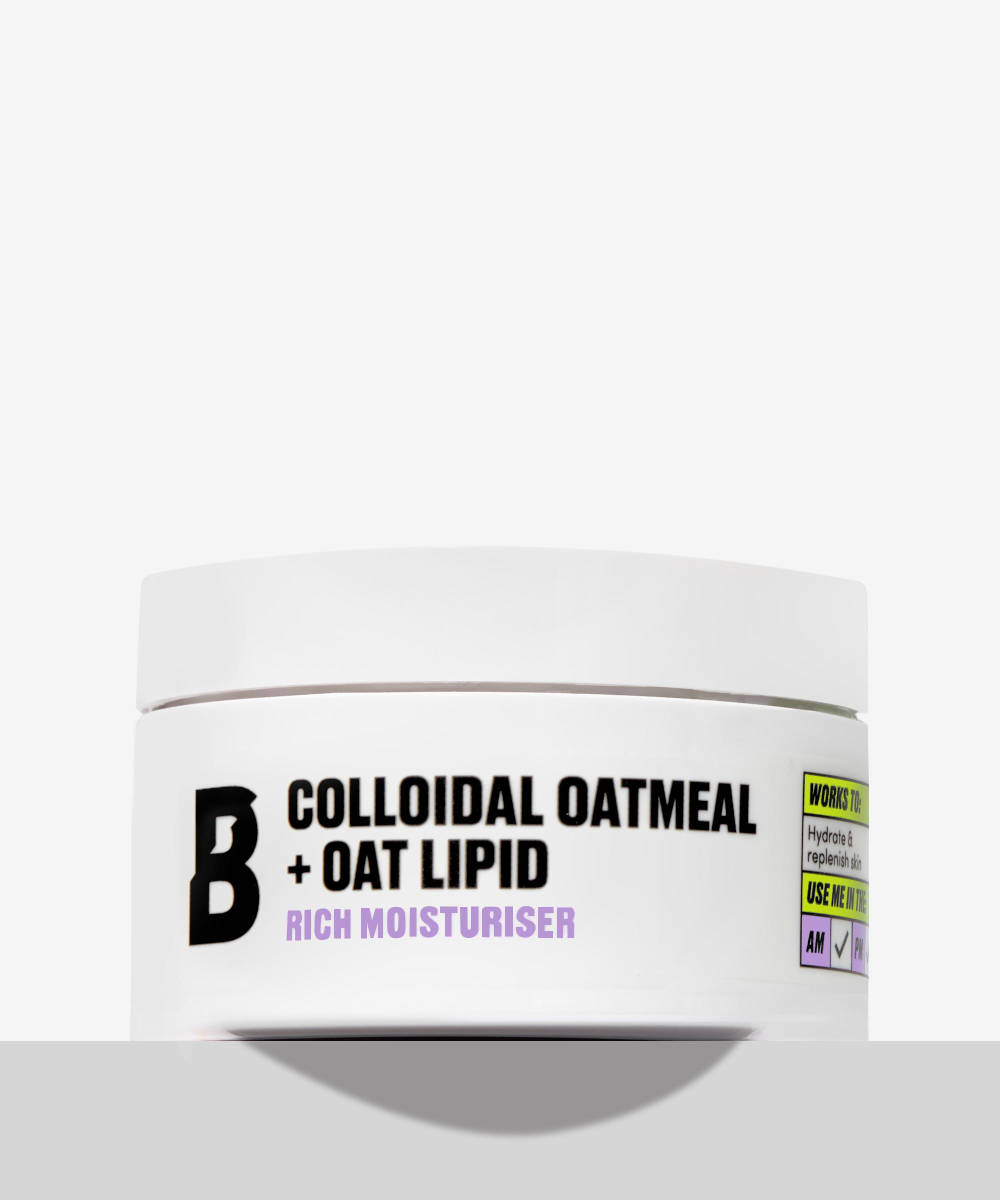
Oat-derived ingredients are renowned for their impressive benefits for sensitive skin and skin conditions like eczema and psoriasis, so this dense, unctuous cream immediately dials down redness and inflammation. Use it overnight and it’ll help to settle irritation by morning.
Next Up: The 11 Affordable Skincare Brands That Actually Work
Grace Day is a beauty editor and content creator. She has over 10 years of beauty-industry experience, spanning editorial, retail, and e-commerce, which gives her a unique understanding into how people shop for their beauty routines.While studying for a history degree (specialising in the history of beauty) and working as a beauty adviser in department stores, Grace started writing her own beauty blog in order to share the products she discovered while dealing with acne. After graduating, she moved to Beauty Bay as beauty editor and content manager. Grace is currently a beauty contributor to Who What Wear. She has also written for Hypebae and PopSugar and works as a brand consultant and copywriter.
-
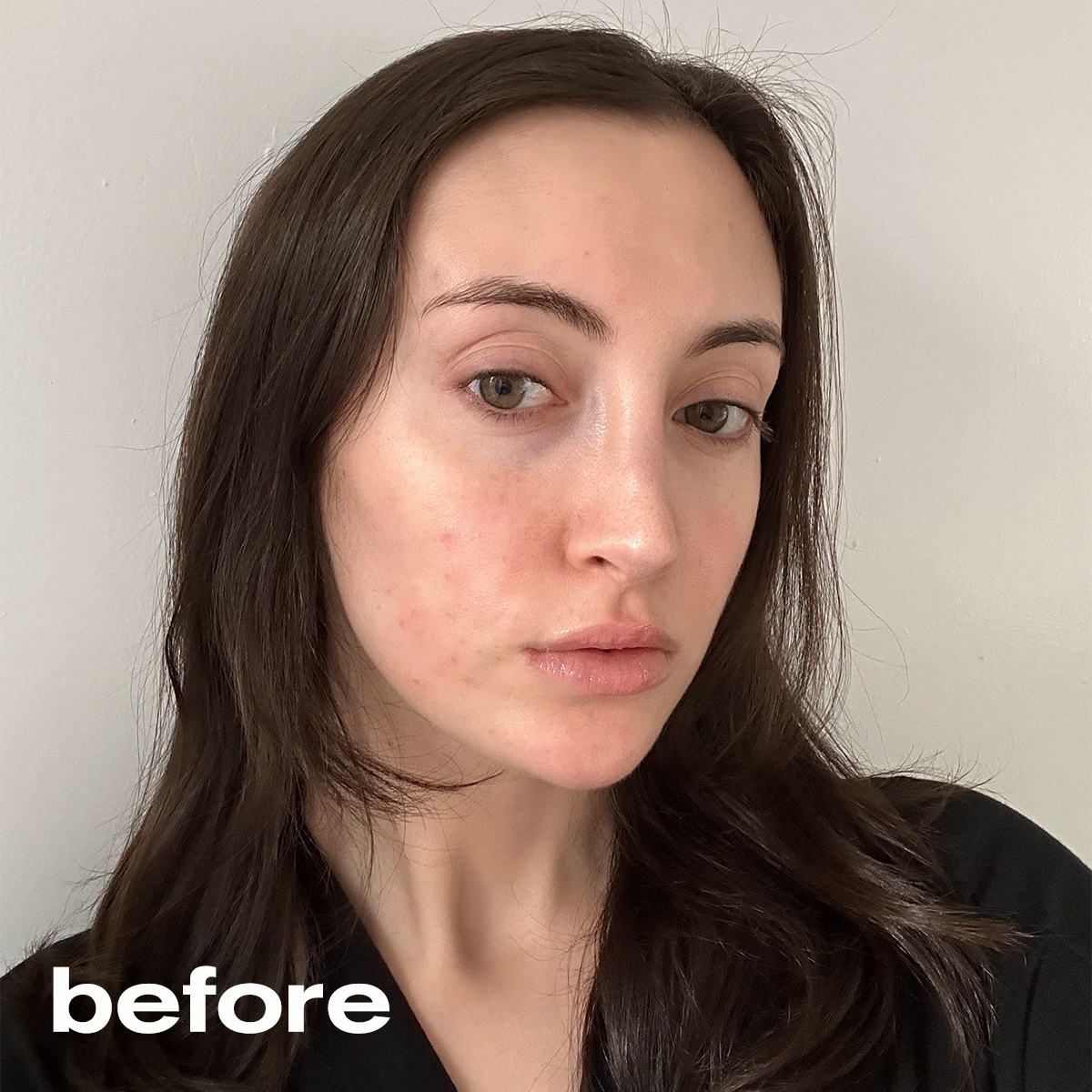 Chic Londoners Love This Ultra-Light Moisturizer, and No Lie, It Saved My Angry Winter Skin
Chic Londoners Love This Ultra-Light Moisturizer, and No Lie, It Saved My Angry Winter SkinIts key ingredient changed everything.
By Alyssa Brascia
-
 To Transform Dry Skin in Seconds, an Aesthetician Recommends These 4 Face Creams
To Transform Dry Skin in Seconds, an Aesthetician Recommends These 4 Face CreamsYour dry skin has met its match.
By Maya Thomas
-
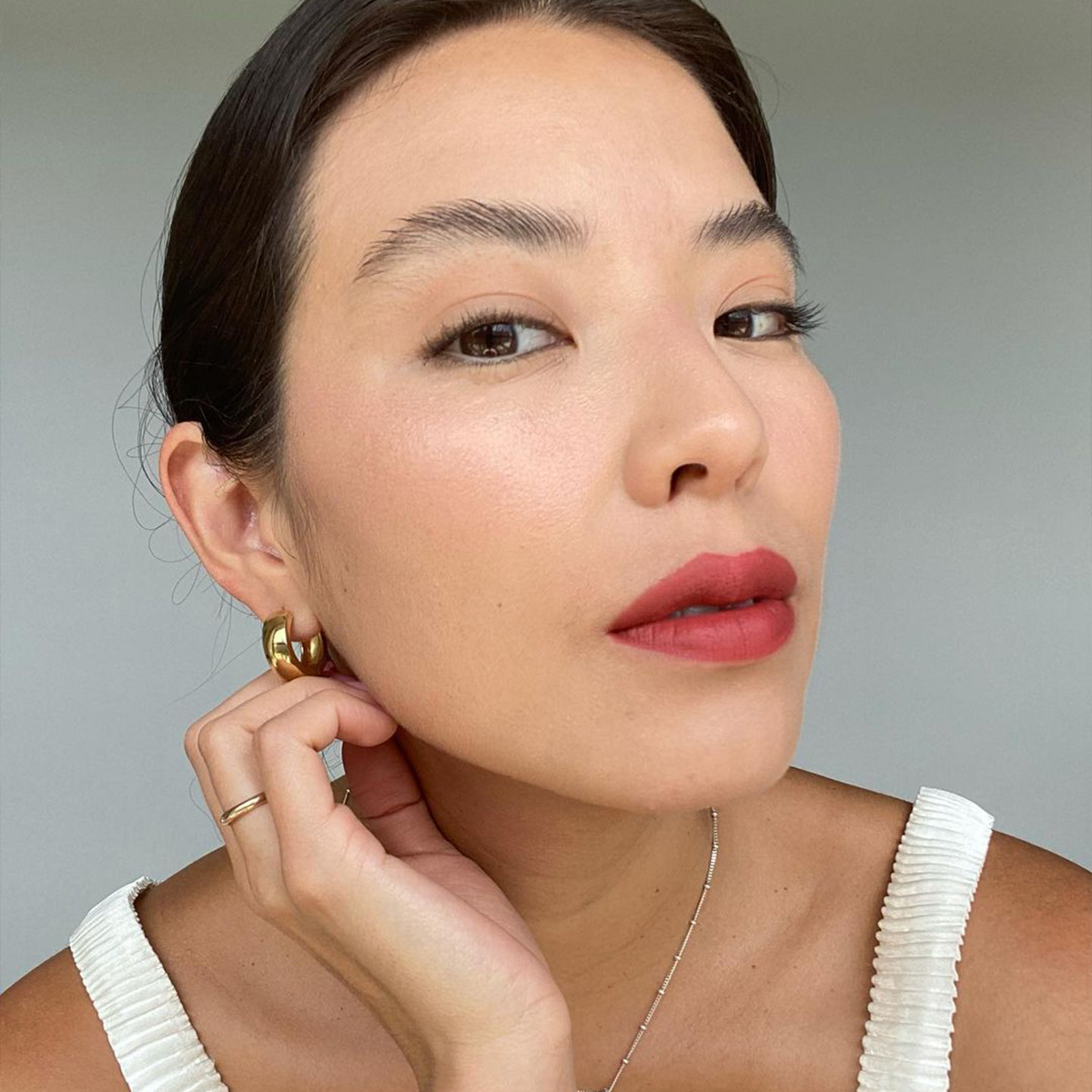 29 Eye Creams That Always Work on Dark Circles
29 Eye Creams That Always Work on Dark CirclesIncluding some celebrity favorites.
By Mica Ricketts
-
 Derms Say Using the Right Moisturizer With Tretinoin Is Key—Here's What They Recommend
Derms Say Using the Right Moisturizer With Tretinoin Is Key—Here's What They RecommendHydration is important, people.
By Shawna Hudson
-
 Whether Your Skin is Dry, Oily, or Acne-Prone, Your Moisturizer Needs *This*
Whether Your Skin is Dry, Oily, or Acne-Prone, Your Moisturizer Needs *This*It's loved by experts across the board.
By Shawna Hudson
-
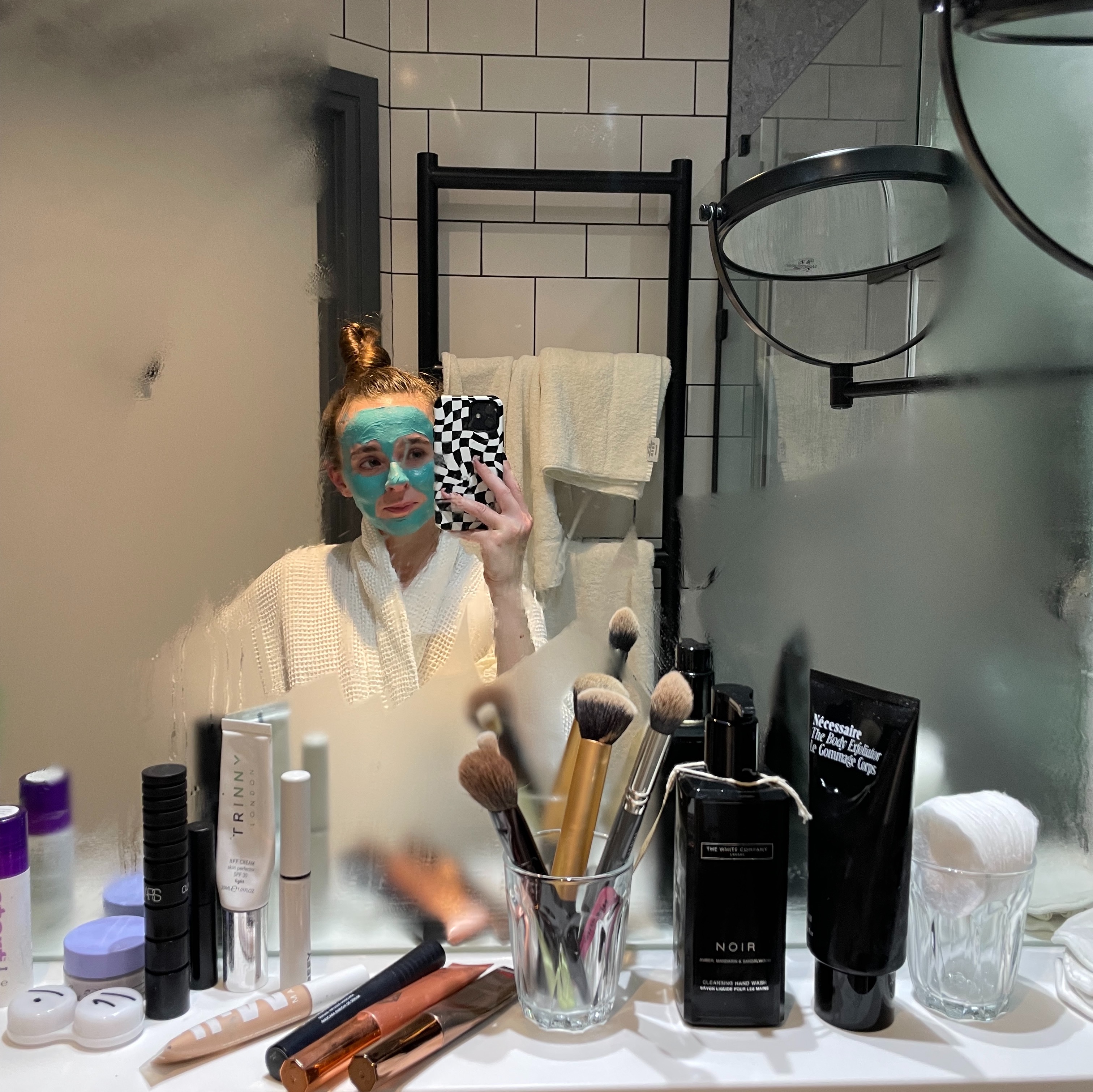 I'm an Esthetician and These Are My Most-Recommended Skincare Products
I'm an Esthetician and These Are My Most-Recommended Skincare ProductsYour skincare shopping list.
By Grace Day
-
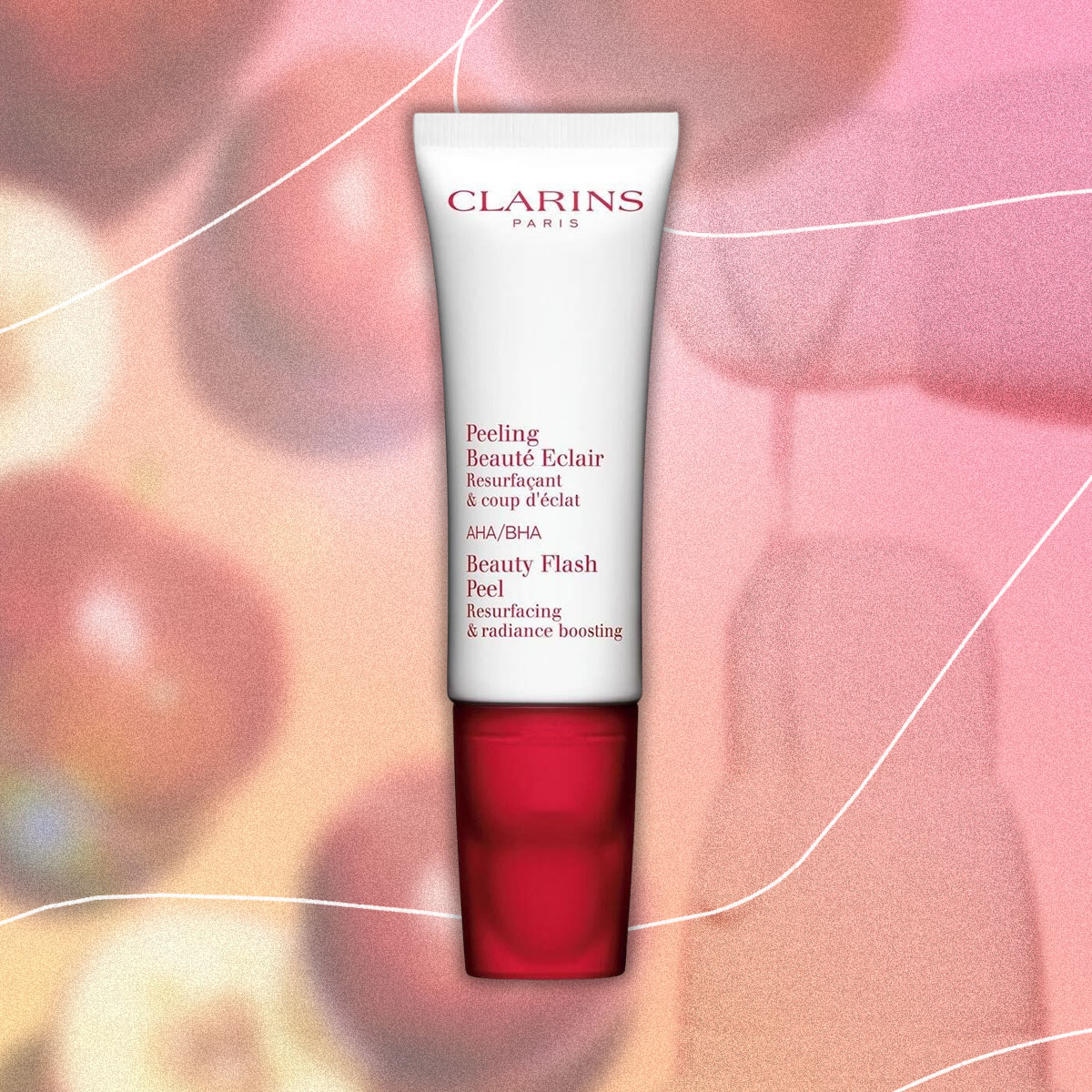 The New Face Mask Giving My Facialist a Run for Her Money
The New Face Mask Giving My Facialist a Run for Her MoneyPlus the other beauty products doing the most.
By Natalie Gray Herder
-
 Dermatologists and Celebrities Swear By This Affordable Skincare Brand
Dermatologists and Celebrities Swear By This Affordable Skincare BrandEverything is under $25.
By Shannon Lawlor

